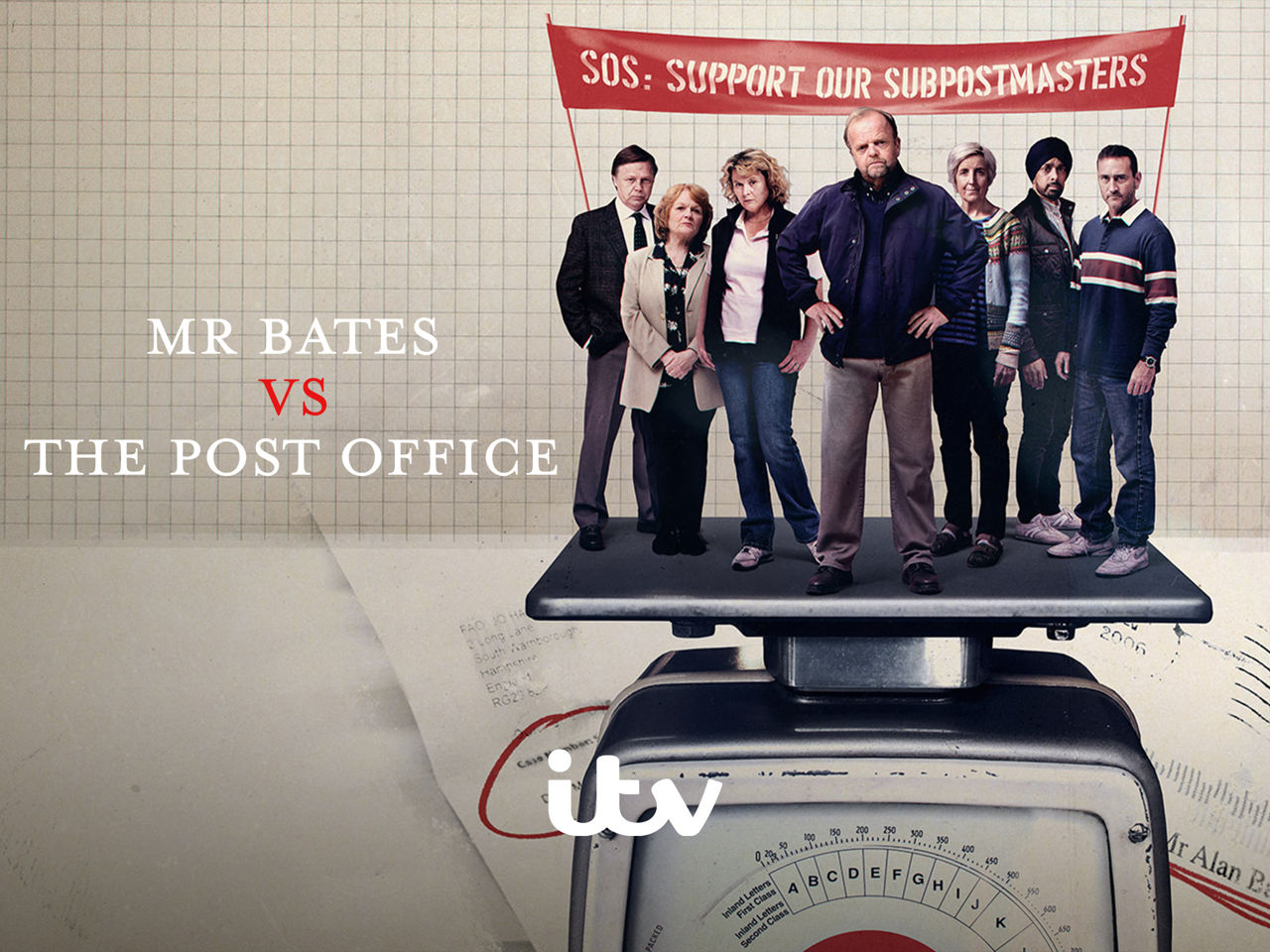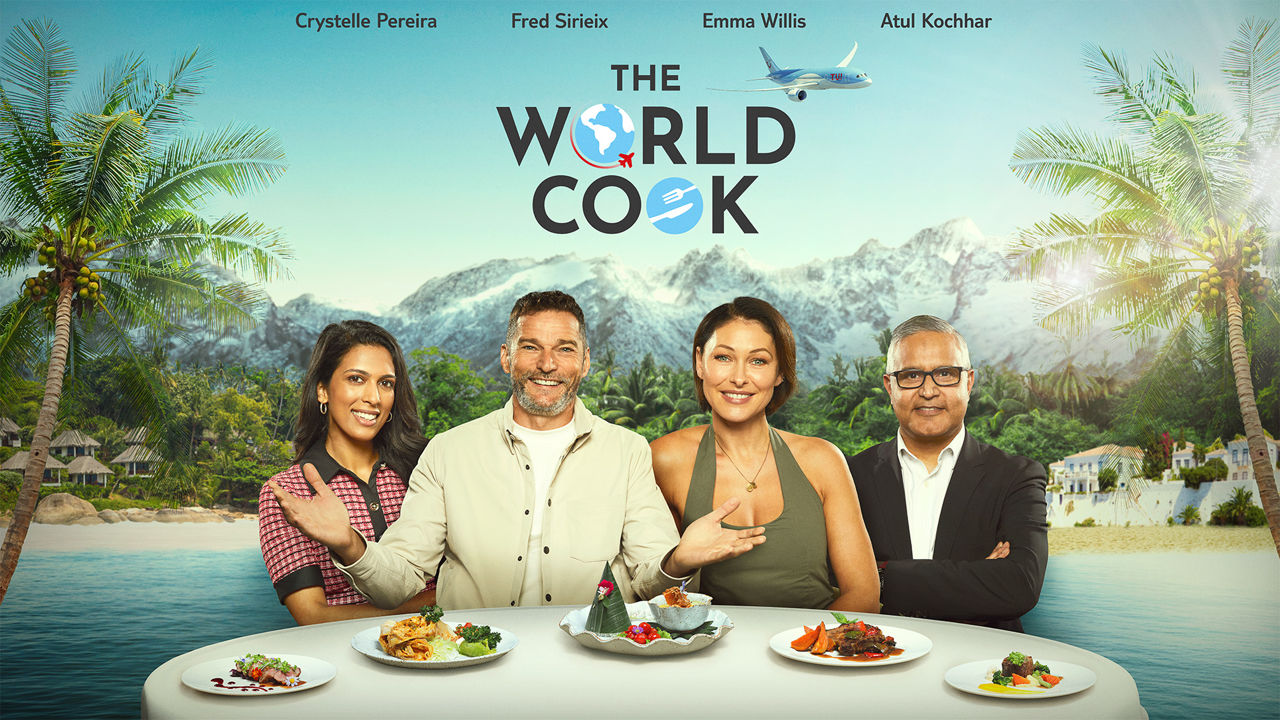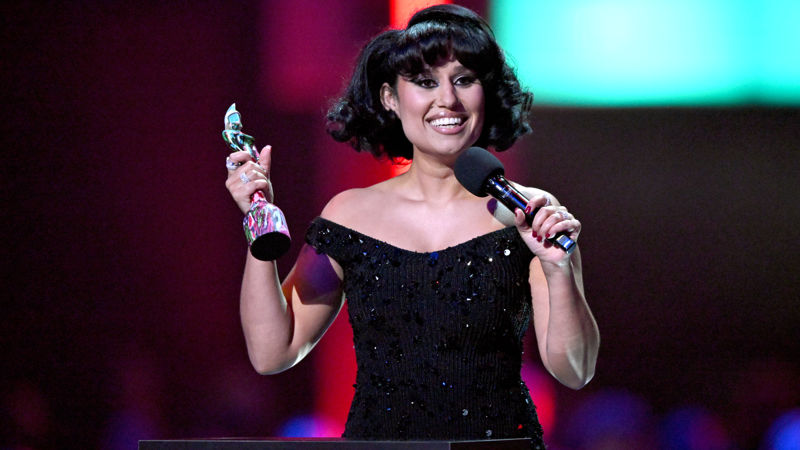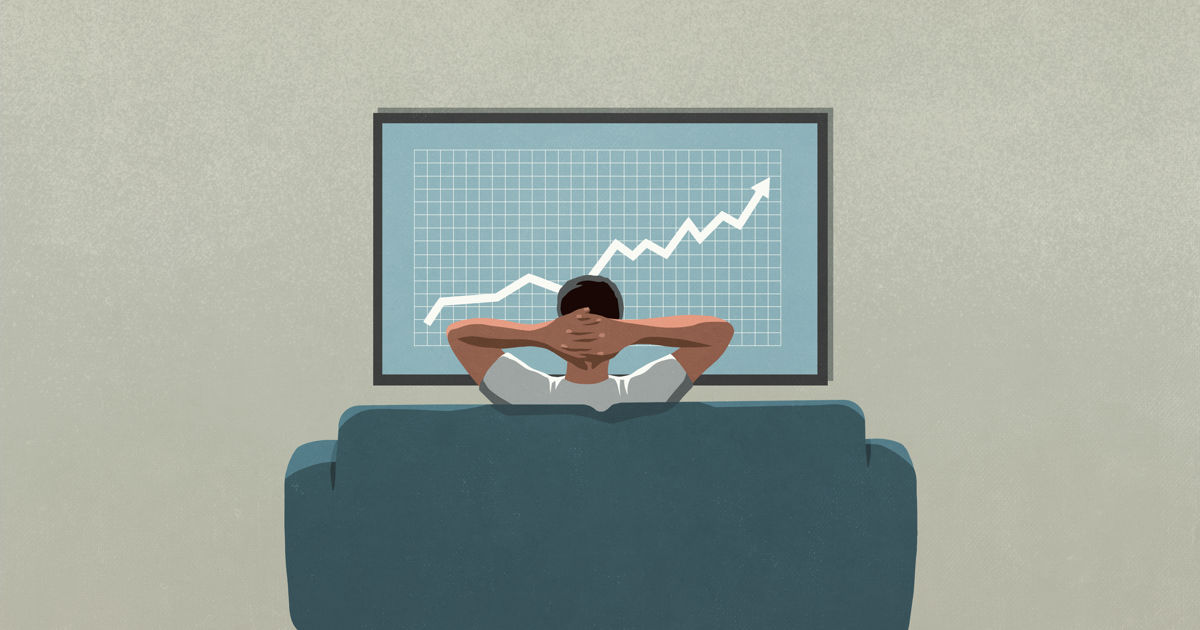Why brand-funded programming is the future of TV entertainment
With traditional TV advertising in a slump, the 'normal' way for brands to interact with television audiences is changing. Claire Prince, Head of Branded Entertainment at EssenceMediacom, says this creates an opportunity for brands to both support the TV industry and redefine their relationship with broadcasters.
The way we make TV is changing. Traditionally, broadcast models would finance programmes by selling advertising space around the content or including product placement within shows.
These ideas are as old as television itself; the term ‘soap opera’ derives from the fact that companies like Procter & Gamble funded the original soap operas.
Brands that create content which audiences actively want to watch in this prestige space have a chance to reap the greatest rewards.
Yet, the way audiences consume TV has changed. The rise of subscription platforms and social media has resulted in a saturation of content, meaning advertisers are jostling over a shrinking patch of ad space. However, this presents a unique opportunity for brands to build closer collaboration with broadcasters by focusing on brand-funded programming.
Brands that create content which audiences actively want to watch in this prestige space have a chance to reap the greatest rewards. They can add to the show, not be ads in the show.

Above: There has been a marked slump in TV advertising, down 12.5% in the last 12 months.
A commissioning slow-down
In January, ITV warned it is in the ‘worst ad recession since the financial crisis’. The slump in TV advertising – down 12.5% over the past year – prompted Channel 4 Chief Executive Alex Mahon to declare that TV broadcasters were in ‘market shock territory’. Channel 4 is selling its London headquarters as deep job cuts mean it’s seeking a leaner organisation with a focus on digital services.
Collective cultural ‘Watercooler moments’ are still TV’s territory.
But the truth is, only TV can deliver its signature cultural impact. You only need to look at shows like Mr Bates vs the Post Office to see that in action.
These collective cultural ‘Watercooler moments’ are still TV’s territory, but not every show can unite the nation. As a result, there’s been a commissioning slow-down on new, big-hitting programming, with a higher proportion of ‘safe-bet’ TV bringing in regular but smaller audiences.

Above: ITV's Mr Bates vs the Post Office united the nation culturally and also had a huge political impact. Not all shows can do that, though.
Naturally, this will have an impact on UK creativity and entertainment. The UK is globally renowned for its original programming, and entertainment is one of our most powerful exports.
Brands can bring not just their audiences, but also specialist knowledge of their category.
Advertisers can and should step in to support the industry. This pause could be an opportunity for brands to redefine their relationship with broadcasters. As commissioners look for alternative revenue sources, brand funding offers a way to bring mutual benefits for brands and broadcasters, and keep the TV wheel turning.
Love isn’t blind for brands and broadcasters
Brands can bring not just their audiences, but also specialist knowledge of their category. Whereas traditional production methods could require assistant producers to undertake in-depth research into particular topics for a series, by working with brands, production companies get access to existing and accurate sector insight and customer data to assist their efforts.
For example, eBay’s status as the UK’s biggest marketplace for car parts and accessories was essential in developing Bangers: Mad for Cars in partnership with Channel 4. By working with the brand, the production company gained unique insights into their target audience, allowing them to develop a show which authentically spoke to them.

Above: As the UK’s biggest marketplace for car parts, eBay’s involvement in developing Bangers: Mad for Cars was essential for Channel 4.
Furthermore, brands bring with them an existing ecosystem of advertising which can further promote the show. Amazon Prime’s partnership with TUI for two series of The World Cook not only gave them access to the travel company’s extensive range of holiday locations to film in, but also TUI’s marketing ecosystem; its website, inflight magazine and airport billboards.
As long as brands and broadcasters are prepared to listen to each other, the results can be hugely beneficial.
As long as brands and broadcasters are prepared to listen to each other, and work together to fulfil editorial and advertising needs, the results can be hugely beneficial. The approach works. The question is, what’s next?
Broadcasters will start to think brand first
Broadcasters are increasingly recognising the value of working directly with brands. ITV unveiled BE Studios, a full-service creative studio to produce brand funded programming in November.
Commissioners should be looking for what a brand can bring to the table other than finance, and advertisers should be educating broadcasters on the further value they can bring. Both need to understand that, in the new communications economy, audiences no longer want advertisers to buy their attention, but earn it. As such, advertising is already under pressure to pivot to become entertainment.

Above: Amazon Prime’s partnership with TUI for The World Cook gave the programme makers access to TUI's of holiday locations for filming, as well as TUI’s marketing ecosystem.
It’s important to understand that the different distribution channels mean advertisers can’t take a ‘one size fits all’ approach either. The World Cook was distributed across Amazon’s DSP ecosystem for a streaming audience which requires a different mindset to a part-funded Channel 4 model like Bangers.
Brand presence will, in relevant cases, become the starting point, not an afterthought.
As advertisers continue to prove their editorial value, we could see a shift in the commissioner's role. Brand presence will, in relevant cases, become the starting point, not an afterthought, with producers starting to develop ideas for new shows around a brand, keen to take advantage of their built-in audience and existing ecosystems.
As successful examples continue to emerge, we’ll stop referring to the shows as ‘ad funded’ or ‘brand funded’, working with brands from the start will simply be a natural consideration in the development process.
The future of TV is set to be a continuous collaboration with producers, broadcasters and brands. If programme-makers can welcome the brands’ input and insight as well as their money, then we can all make sweet music (well, telly) together.
)




 + membership
+ membership








